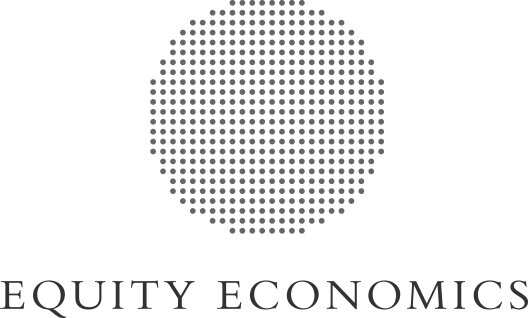Submission to the Productivity Commission Inquiry into the National School Reform Agreement: Improving Literacy Outcomes in Australia
Summary
Equity Economics, in partnership with the Code REaD Dyslexia Network, have produced a joint submission to the Productivity Commission Inquiry into the National School Reform Agreement, which calls for early and continuous screening in schools to support struggling readers and lift literacy outcomes.
A significant number of Australian children are struggling readers, despite strong evidence showing reading difficulties can be prevented and overcome if identified early and provided with evidence-based instruction. These struggling students are visible - in NAPLAN and other assessments - but the system is failing to intervene early and effectively, so the number of students with low literacy is growing rather than shrinking as students progress from primary school to high school.
International evidence suggests around 20 per cent of the student population is likely to have reading difficulties. As a group they total 800,000 students currently in schools in Australia. These children have the potential to achieve and thrive at school if provided with evidence-based instruction and identified early through high quality screening and progress monitoring tools. Instead, the education system is stuck in a reactive and obsolete “wait to fail” model. This is despite having low-cost and highly effective screening and intervention tools available.
Findings
South Australia may be the most effective jurisdiction at seeking out those children at risk of not reaching grade level literacy standards and of employing the evidence-based classroom practices that will allow them to progress. The South Australian Government has invested $20.9 million over four years from 2018-19 as part of the Literacy Guarantee Initiative, which included - amongst other measures - the roll out in 2018 of mandatory phonics screening for all first grade students. The 2021 South Australian Phonics Screening Check results show a remarkable improvement of 24 percentage points from 2018 in critical skills for literacy including significant increases for students from non-English speaking backgrounds, students from non-metropolitan areas, Aboriginal students, and students with a verified disability. Students in all these latter categories are over-represented in what is often termed the “long tail of under-achievement” in Australia.
While some of the other jurisdictions have also introduced or announced the commencement of screening, a free phonics screener tool for students in first grade is not mandatory in Queensland, the Australian Capital Territory, and the Northern Territory. This simple, cost-effective tool could change the trajectory of children whose literacy difficulties are going undetected in Australia.
Lifting literacy outcomes is a broad issue of equity for which the costs to the community are immense and the benefits enormous in human and financial terms from relatively simple, cheap, and tested interventions. NAPLAN scores in reading have stagnated since 2013. Reversing that trend and creating the equity needed to assist struggling readers and dismantle the predictability of achievement by socio-economic status requires national leadership and universal action across every state and territory.
Read the full report



